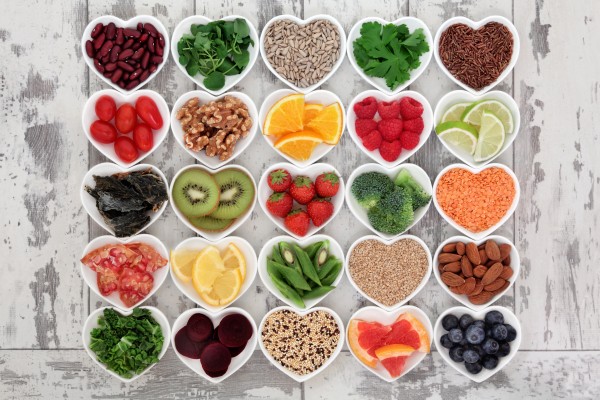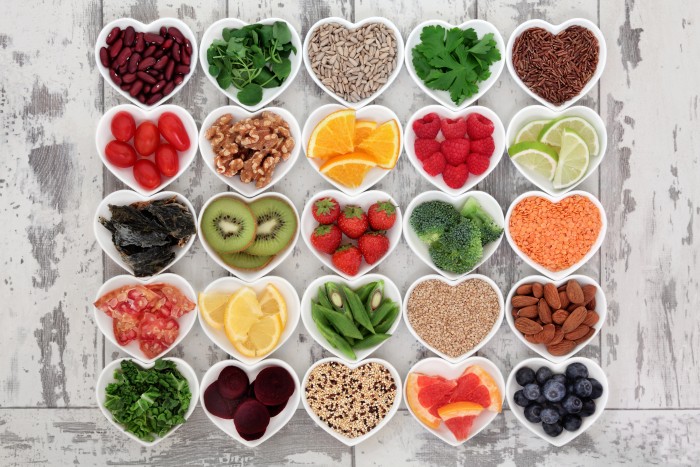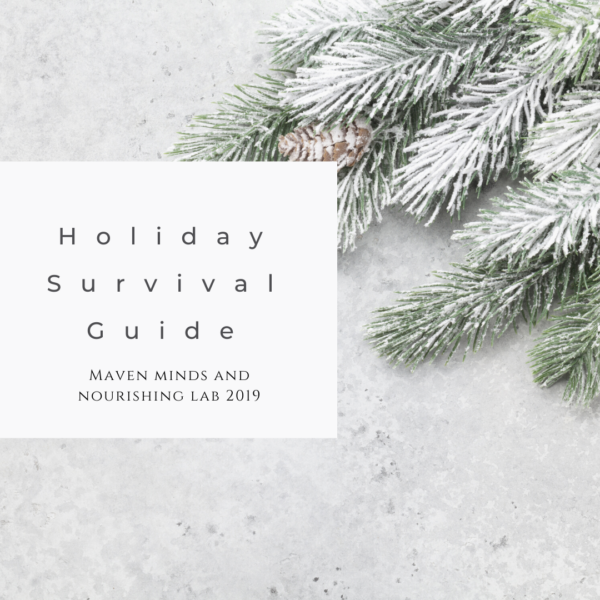
According to the Centers for Disease Control (CDC), cardiovascular disease (CVD) is the leading cause of death for women and men in the United States. In fact, with responsibility for a staggering 30% of all deaths globally, CVD is the leading cause of death on the planet.
In the past, it was believed that heart disease resulted from elevated blood cholesterol, and the accepted treatment has been to prescribe medicine to lower cholesterol and advise a restricted fat intake. According to the American Heart Association, new ongoing research is now indicating that inflammation is the real cause of heart disease, and there has been a paradigm shift in how cardiologists treat CVD. Aside from cigarette smoking, hypertension, diabetes and high LDL cholesterol, one of the biggest culprits of chronic inflammation is now thought to be a diet that for many Americans consists of an overload of simple, highly processed carbohydrates (sugar, flour and all the products made from them) and the excess consumption of omega-6 vegetable oils like soybean, corn and sunflower that are found in many processed foods.
Because of this new understanding (and for additional expertise), I wanted to provide information straight from the source!
Dr. Haythe is a cardiologist at Columbia Presbyterian Hospital in NYC. She graduated from Harvard University in 1995, and completed her medical school and residency training at Columbia University College of Physicians in 2003. After finishing a congestive-heart failure-cardiac transplant fellowship at Columbia in 2005, she went on to complete her fellowship training in cardiovascular diseases in 2009. She is currently Assistant Professor of Medicine in the Division of Cardiology, Center for Advanced Cardiac Care at Columbia and Co-Director of the Women’s Center for Cardiovascular Health.
In an effort to help build awareness about CVD risk factors, I asked Dr. Haythe the following questions:
1. What is the most common factor in the etiology (cause) of CVD you see in your patients?
That’s a tough one. I believe I would have to say obesity and hypertension.
2.Explain how inflammation plays a role in CVD.
The research into how inflammation plays a role in CVD is ongoing. However, a buildup of atherosclerotic plaque is thought to be the result of injuries to the vessel wall. Cigarette smoking, high blood pressure and high LDL cholesterol all promote the buildup of fatty deposits in the vessel wall. Then think of these deposits as irritating to the vessel and abnormal – so the body attempts to wall off the plaque. However, under the wrong circumstances, the plaque could rupture leading to clot formation, obstruction of the vessel – a “heart attack”
3. What are the biggest culprits of chronic inflammation?
Cigarette smoking
Hypertension
Diabetes
High LDL cholesterol
While a causative link between Chlamydia pneumonia infection and CAD has not been firmly established there is a high frequency of C. pneumoniae infection found in atherosclerotic tissue as compared with normal tissue in research studies.
4.What management approaches do you recommend for preventing cardiovascular disease?
- Lifestyle modifications:
- Quitting smoking is the most important lifestyle modification that anyone can make.
- It is so important for people to start being active. This doesn’t mean going out and running a marathon or joining a gym. Just starting a walking program for 20 minutes a day is the first step to improving your heart health.
- Weight loss for people who are obese
- Careful Diabetes management for those with DM
- Careful blood pressure management in those with HTN
- Dietary modifications:
I recommend the Mediterranean Diet to my patients.
5. There is much controversy in the press concerning cholesterol and its effects on heart disease. What role, in your opinion, does cholesterol play in heart and cardiovascular disease?
We know that high levels of LDL in the blood likely leads to atherosclerotic plaque. We also know that statin drugs (i.e Lipitor) lower LDL levels and probably reduced chronic inflammation in the coronary arteries. However, what we don’t understand as well is how dietary cholesterol affects circulating blood cholesterol. And the recent guidelines and review of the data suggest that dietary intake of cholesterol does not affect circulating cholesterol levels the way we once thought. That the level of circulating LDL has more to do with genetic factors than with diet itself.
6. What advice do you have for people who drink caffeine and are at risk for heart disease?
Many studies have looked at caffeine intake and CVD. The results are conflicting and therefore it is the general consensus that moderate coffee drinking or caffeine intake is fine.
7. We all experience stress on a day-to-day basis, and for many people, it can be difficult to manage. How does stress play a role in cardiovascular disease, and what are your recommendations for managing daily stress?
Stress plays a huge role in CVD. We know that stress can precipitate plaque rupture and heart attack and stroke. We also know that stress can lead to an acute heart failure syndrome. I recommend that my patients (and all people frankly) reduce stress in their life by eating healthy, quitting smoking, exercising every day even if that means walking around for 10-20 minutes, practicing yoga when possible, limiting excessive caffeine intake and practicing deep breathing or meditation.
The risk factors for CVD are broad, but that does not make heart disease inevitable. With the right care for yourself – being conscious about your diet, managing stress, exercising, avoiding damaging substances, etc. – you can reduce your level or risk, and likely feel better in the process too!
Don’t become another statistic in the long list of people suffering from heart disease. Start making your positive changes today!








